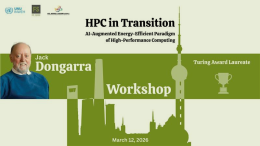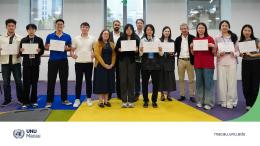Abstract
Artificial intelligence (AI) and big data, combined with related technologies, have been hailed as providing unprecedented opportunities for the solution of the most serious global problems in the 21st century. They are also expected to create new realities in the fields of business, corporate practices, governmental policy and law making. In this context, they were also mentioned as influencing the larger trends in global sustainability as mandated by the 2015 Sustainable Development Goals (SDGs). However, the recent trend of a race in the development of AI has been accompanied by a parallel trend of the regulation of AI as ethical concerns related to AI also increased. For instance, in April 2021, the European Union presented its legislative proposal for an EU Artificial Intelligence Act (AIA) and in November 2021, UNESCO adopted the Recommendation on the Ethics of Artificial Intelligence. The latter recognizes “the profound and dynamic positive and negative impacts of artificial intelligence (AI) on societies, environment, ecosystems and human lives, including the human mind”.
It is the impact of particularly so-called “subliminal AI systems”, which the EU AIA proposed to classify as “prohibited AI Practices” in Art. 5 AIA that will be analyzed and discussed in the context of the wider challenges of global governance in the 21st century.
Bio
Rostam J. Neuwirth is Professor of Law and Head of the Department of Global Legal Studies at the Faculty of Law of the University of Macau. Previously, he taught at the West Bengal University of Juridical Sciences (NUJS) in Kolkata and the Hidayatullah National Law University (HNLU) in Raipur (India), and worked as a legal adviser in the Department of European Law of the International Law Bureau of the Austrian Federal Ministry for Foreign Affairs. He received his PhD degree from the European University Institute (EUI) in Florence (Italy), and also holds a Master’s degree in Law (LL.M.) from the Faculty of Law of McGill University in Montreal (Canada). As an undergraduate he studied at the University of Graz (Austria) and the Université d’Auvergne (France). He is the author of The EU Artificial Intelligence Act: Regulating Subliminal AI Systems (Routledge 2022) and Law in the Time of Oxymora: A Synaesthesia of Language, Logic and Law (Routledge 2018) as well as numerous other publications that focus on contemporary global legal problems by exploring the intrinsic linkages between law, on the one hand, and language, cognition, art, culture, society, and technology, on the other.




